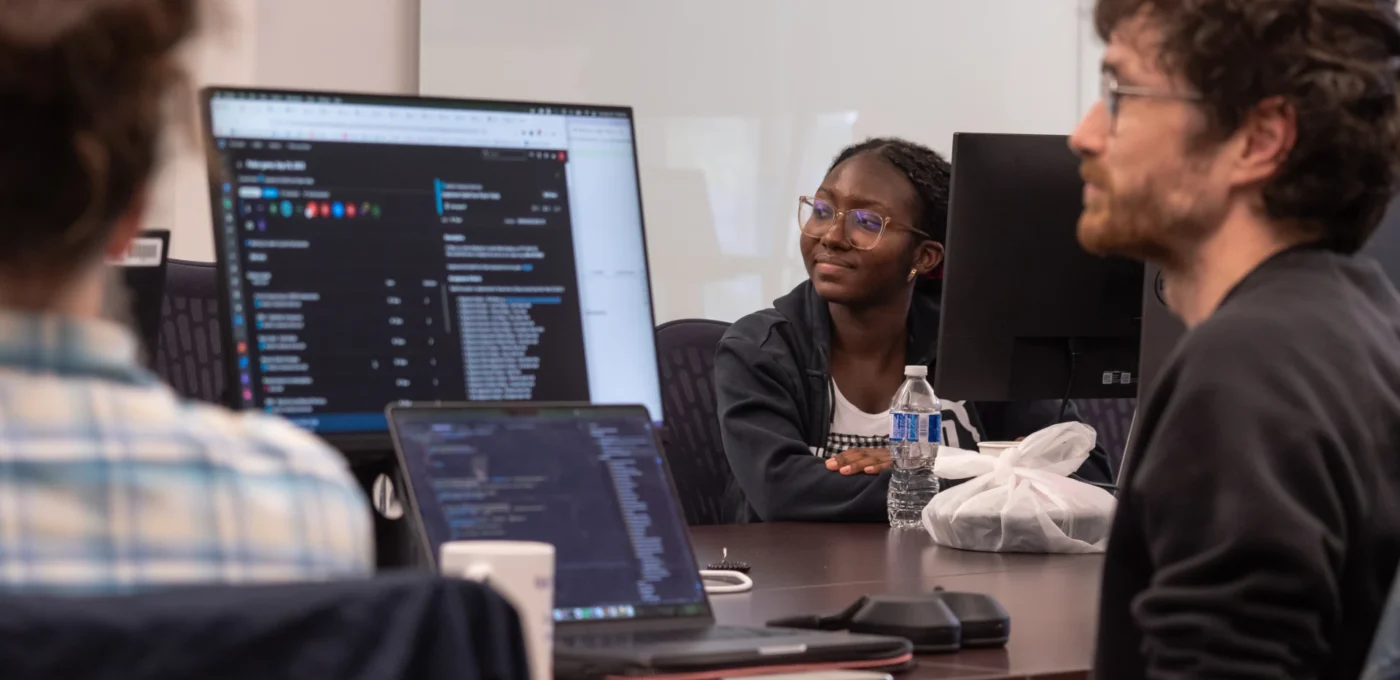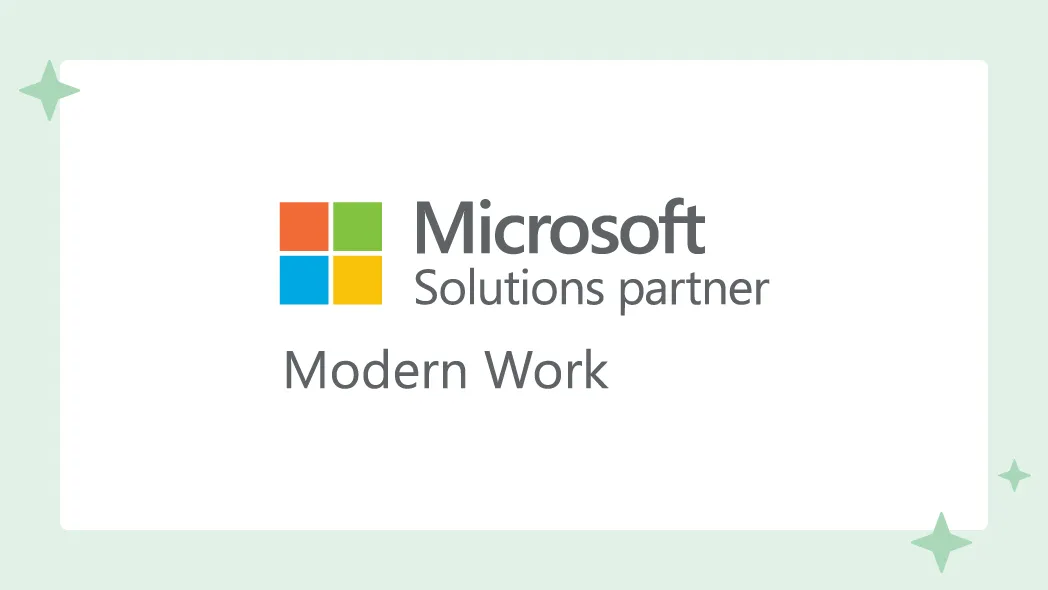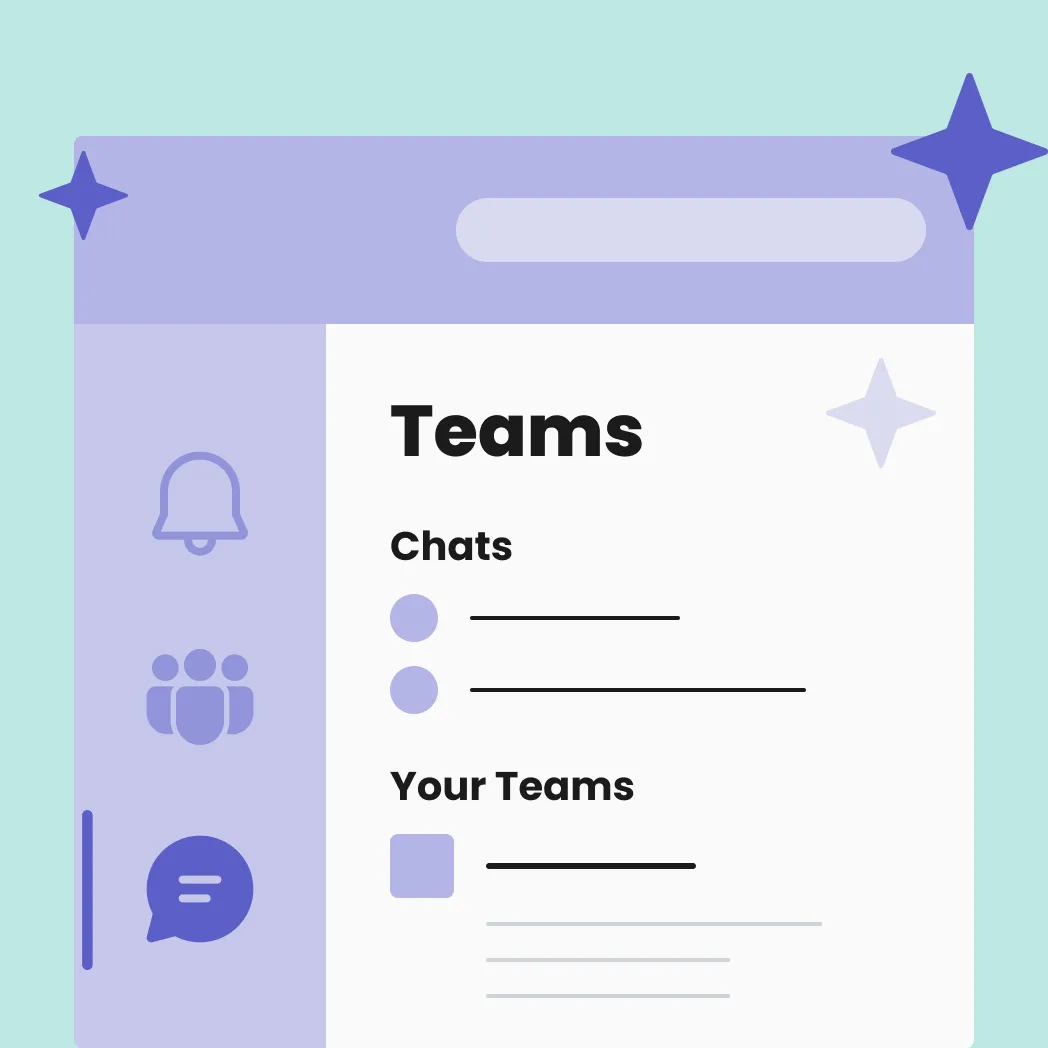Betting Big on Agile
WRITTEN BY

Nick Lindahl
Director, Delivery
QUICK SUMMARY
Our Director, Delivery Nick Lindahl shares how Agile Software Development mirrors the strategic dynamics of football—breaking down our unique approach to delivering value and impacting our client’s metrics that matter.


In the world of custom software development, ensuring we build what our clients need to help drive their business forward is crucial to our very own success as a digital transformation studio.
Our software development processes are based on the principles of Agile Software Development—a collection of methodologies that emphasize flexibility, collaboration, and iterative progress. We use methods and techniques from multiple Agile methodologies to ensure the best possible outcomes for both ourselves and our clients. But what does Agile Software Development really mean for our clients?
Understanding Agile and Sprints
Agile Software Development arose out of a need for an alternative to excessively document-driven, heavyweight software development processes. It emerged from the understanding that we cannot know a full set of detailed requirements for any piece of software at the outset of its creation. It values interactions between individuals and customer collaboration—aiming to deliver valuable software while understanding that changing requirements are expected and welcomed when they come.
A sprint is a pre-defined length of time in which we work toward a planned outcome. Sprint timelines are fixed and therefore the possible outputs that can be produced in a sprint need to remain variable. While not all Agile methodologies use sprints, popular frameworks like Scrum and eXtreme Programming employ this type of iterative approach. Sprints typically range anywhere from one to four weeks—while we use two-week sprints at Punchcard. This kind of cycle allows Agile teams to make regular, incremental progress and adapt quickly to feedback.
In order to better illustrate the Agile Software Development process, let’s turn to the gridiron to explore some surprising parallels between football and our unique approach to building software.

Making a Bet
First, let’s imagine the immense excitement and strategy that might be involved in betting on the upcoming Super Bowl. Now each time we select a part of an app that we want to build—we are actually simply placing a bet. We’re betting on the idea that the feature or improvement we’re building will eventually benefit our client’s business in a meaningful and measurable way.
In Agile Software Development, every decision we make about what to build next is an opportunity to take a calculated risk. The same can be true for choosing the outcome of each sprint as well.
Our bet is that we can achieve the planned outcome within a fixed time frame and that said outcome will create measurable value for our client. Each sprint outcome is designed to improve a specific metric or key performance indicator for our clients—ensuring our efforts are aligned with our client’s goals.

Adjusting Strategy
In Agile Software Development, we approach each sprint like a single play in football. Just as teams attempt to drive down the field towards the end zone, we similarly try to continuously deliver software to our end users throughout any given sprint. This crucial component of our process is what allows us to assess and adjust our approach based on real-time feedback. Just as a quarterback reads the field and adjusts tactics in real-time, we assess and adapt our approach based on immediate user feedback throughout each sprint—providing a continuous opportunity to learn, adapt, and refine.
While our Agile process may seem rigid like a carefully drawn playbook, we’ve designed flexibility into our processes to allow us call an audible—in other words pivot, improvise, and capitalize on opportunities as they emerge to ensure we’re always moving the project forward with precision and adaptability.
Navigating Uncertainty
Developing custom software, much like playing football, is filled with uncertainties. Just as you can’t predict injuries, interceptions, or inclement weather conditions, we can’t foresee every challenge or change in a client’s business. This unpredictability is why Agile methodologies are so valuable because they allow us to adapt and respond to any changes as they arise.
In order to be successful, we must embrace this type of uncertainty. It’s the very reason why we use our sprint-based, iterative approach just as a coach might adjust their strategy as their season progresses. Each sprint, like each game, is an opportunity to learn more about our client’s needs and refine our solutions accordingly. This continuous learning process ensures that we are always moving in the right direction, even when unexpected challenges arise.

The Long Game
Over the years, we’ve learned that one sprint is rarely enough in software development to achieve the significant and impactful goals.
Each sprint is like a strategic play, a pivotal quarter, or even a critical game in the long championship season of software development. Just as football teams laser-focus on winning the Super Bowl, we’re driving relentlessly towards the holy grail of impacting the ‘Metric that Matters’ most to our clients. We continuously build on the outcomes of previous sprints, adapting our game plan based on each insight, always keeping our eye on that ultimate prize.

Post-Game Wrap Up
In the high-stakes arena of custom software development, we’re not just playing the game—we’re transforming it. At Punchcard, Agile isn’t just a methodology, it’s our championship strategy. We don’t just write code, we deliver game-changing plays that move the needle for our clients.
Like a seasoned coach reading the field, we pivot, adapt, and consistently drive towards scoring touchdowns time and time again. Our secret playbook? It’s our relentless focus on impacting metrics the matter, taking calculated risks, and an unwavering commitment to turning client challenges into victory. So whether you’re a die-hard football fan or a passionate business leader, one thing is for certain: we’re here to help you win.
Let’s Go Seahawks! (you know, next season….) Also, if my wife is reading this, Go Chiefs Go!



You Might Also Like
Featured Posts

Let’s Build What’s Next (A Punchcard Celebrates 2025 Retrospective)
Read more: Let’s Build What’s Next (A Punchcard Celebrates 2025 Retrospective)









